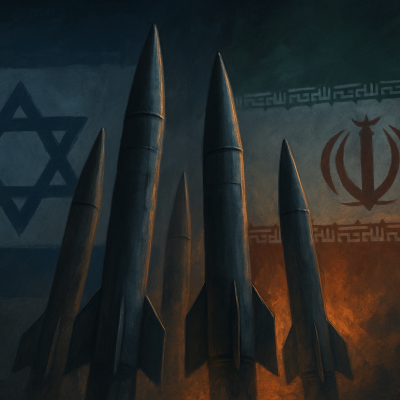Satoshi Ikeuchi, Professor, Religion and Global Security, University of Tokyo
At last, President Trump unveiled the “Deal of the Century” for the Israeli-Palestinian peace on January 28. The announced plan, or a “vision” in the terminology of the document distributed, lacks concreteness and feasibility, but the intent was clearer than ever.
In this plan, President Trump accepted and endorsed every single demands Israeli Prime Minister Netanyahu requested. Basically, it wrote down on paper the harsh reality on the ground in the West Bank and legitimized it.
According to the terms of the proposed deal, Palestinians must accept almost all of the changes done in the West Bank under the Israeli occupation after the 1967 war and recognize them as legitimate and permanent facts. In return for this total surrender, the Palestinians may have an independent state.
Even when Palestinians have a state, its sovereignty will be severely curtailed, the document proclaims. Israel will keep a total control of the entire border of the Palestine state after its independence. Israel has the exclusive right to control the sky over the Palestine state. Those rights and roles are usually basic components of a sovereign state, but the Palestine state would be deprived of them from the start.
As the title of the document “Peace to Prosperity” shows, this proposal is a call to Palestinians to strike a peace deal in which they give up fundamental components of the sovereignty and, in exchange, to take a bright economic future which is generously funded by unspecified donors and investors. It is not difficult to expect the Palestinian leadership can’t take it.
The occasion of the announcement of the plan shows the nature of the event. At the White House, the US President Trump shared the podium only with the Prime Minister Netanyahu of Israel and the counterpart of the negotiation, the Palestinian President Mahmoud Abbas, was absent. Just as important was the absence of the leaders of any Arab countries who used to be there to endorse the US mediated peace plans.
I wonder why it took so long time for Trump after his taking office in the White House to propose this almost entirely expected document. It seems his son-in-law Jared Kushner, together with Israeli Prime Minister Netanyahu made a prolonged effort to find Arab leaders who accept the proposal, and in turn, to extract acceptance by the Palestinians, by means of promising economic incentives or using political charismatic leaderships. But this effort failed, then Trump and Netanyahu proceeded to a unilateral declaration of a peace deal without having the opposite party or endorsers.





